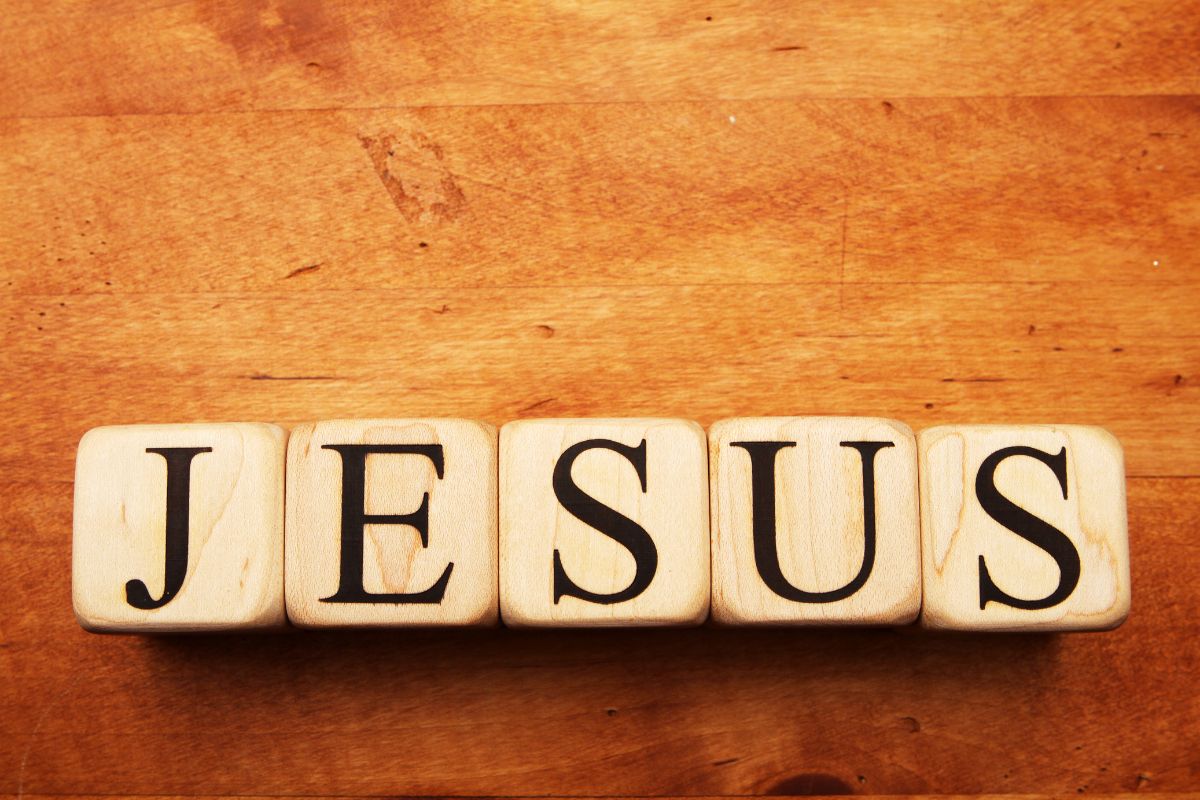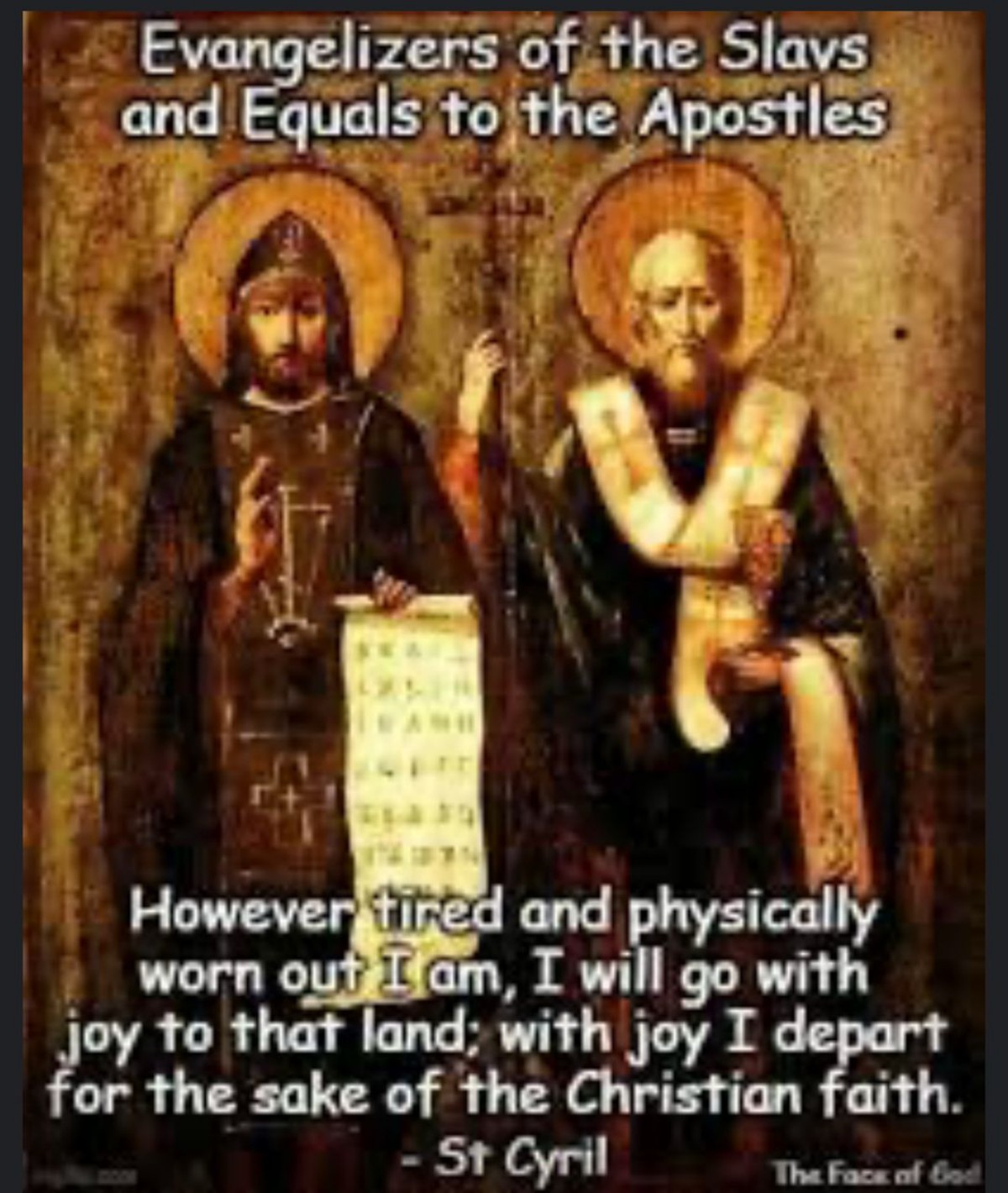Genesis 3:1-8
Psalm 31(32):1-2,5-7
Mark 7:31-37

CHRIST IS THE FULFILLMENT OF THE SACRED SCRIPTURE AND THE PROPHETiC TRADITION
In the narrative presented in Mark regarding Jesus’ healing of a man with hearing and speech impediments, we approach the prophetic tradition from a distinctive perspective. The Old Testament serves as a preparatory framework that anticipates the fulfillment of prophetic statements through Christ. The miracles of Jesus exemplify divine power manifesting in the world, rendering the anticipated wholeness of creation into reality.
Our prophetic identity is intrinsically linked to our baptism. In this rite, we are designated as prophets, alongside our roles as priests and kings/queens, marked by the anointing with chrism, signifying the outpouring of the Holy Spirit. This anointing leaves an indelible mark, symbolizing our lifelong commitment to this vocation. Following baptism, two significant prayers are pronounced—one highlighting the symbolism of the white baptismal garment representing purity, and the other focusing on the baptismal candle, which serves as a beacon of our faith journey, guided by Christ toward eternal communion at the Father’s table.
THE PRAYER OVER THE SENSE ORGANS
Subsequently, we invoke the prayer aligned with today’s Gospel, which touches the ears, eyes, and mouth of the baptized. This invocation, distinct from a healing prayer, recognizes the inherent dignity conferred by the Chrism anointing. It articulates a theological intention: “May the deaf ears perceive the divine messages in myriad forms; may your eyes be enlightened to witness the divine presence in both individuals and events; and may your lips be loosed to articulate joy and engage with the full spectrum of human expression to glorify God.” Empowered by the Holy Spirit, we embrace our prophetic mission to carry forth the work of Christ.
THE SIGNIFICANCE OF PROPHECY
As prophets, we possess the responsibility to articulate what is to unfold in the course of history—specifically, to herald the triumph achieved through the Cross. Our role diverges from mere admonishment or reproach; we do not declare “I told you so,” a stance reminiscent of certain prophetic figures in Israel’s history. Instead, we recognize our narrative as one of victory through the Cross. Our task involves proclaiming divine wisdom, despite its paradoxical reception in a world that often perceives it as folly.
We are called to be harbingers of hope rather than despair, messengers of mercy instead of retribution, striving to embody within the fragility of our current context the victory that will ultimately manifest as historical reality in the fullness of God’s timing.
Fr Joseph Osho









































































